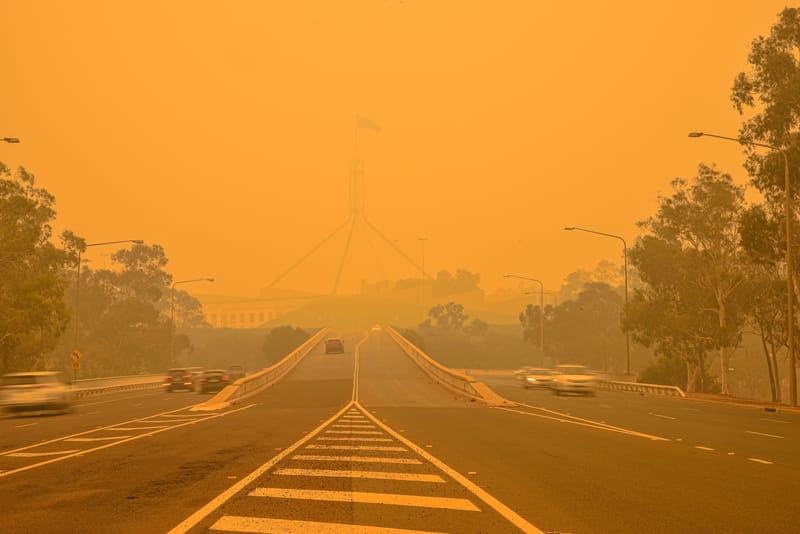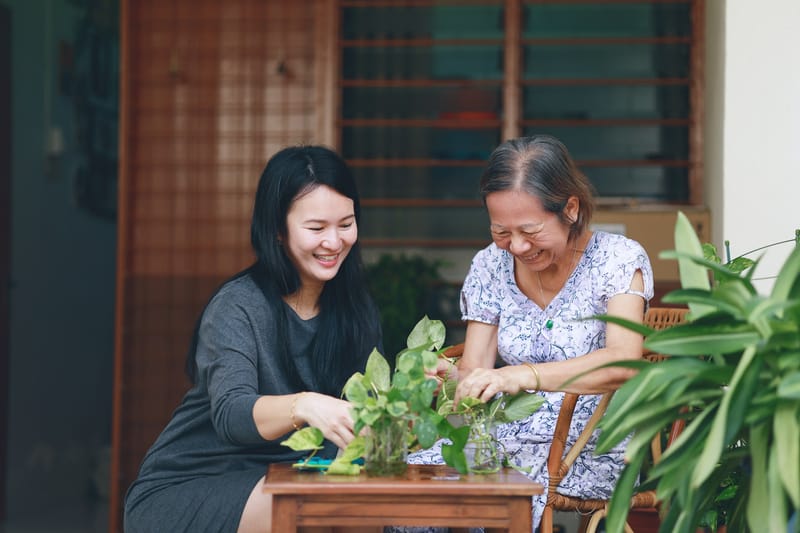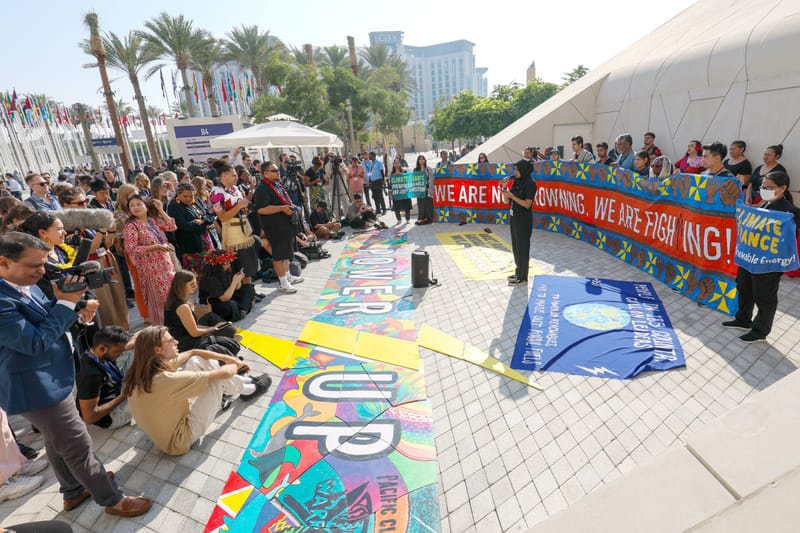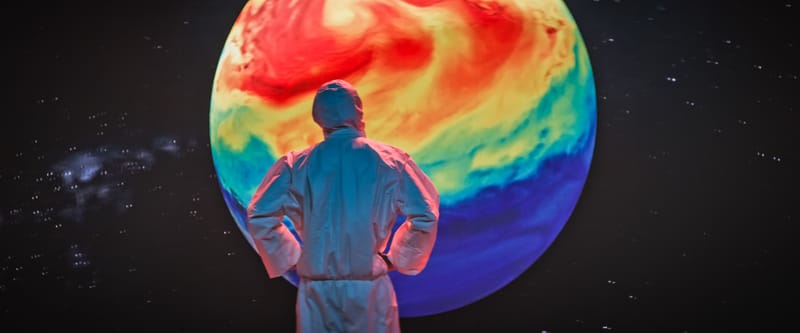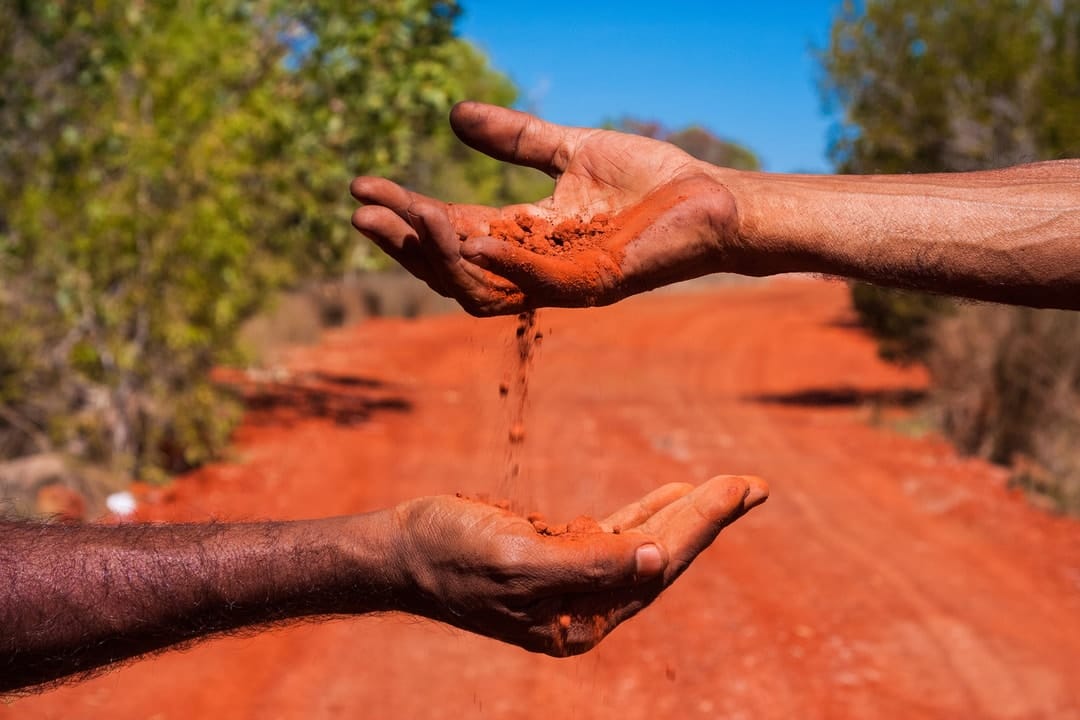
Indigenous peoples have been caring for the health of our communities and the environment for thousands of generations. Yet our voices have been silenced and our knowledge disregarded since colonisation.
This has been disastrous for the health and wellbeing of our communities, and for the planet. It’s time to listen to the wisdom of Indigenous peoples and forge a sustainable future for our children.
Thriving, sustained communities and Indigenous knowledge
A recent publication, Health a Political Choice, highlights diverse Indigenous knowledge on advancing Indigenous peoples’ rights and wellbeing. These writings provide lessons for all, and foreground the importance of Indigenous knowledge for thriving.
For example, Indigenous peoples comprise about 5% of the world’s population, care for 20% of the planet’s lands, and 80% of the world’s remaining biodiversity. This heavy lifting for the world (human life depends on biodiversity) is achieved despite imposition of some of the worst social and health inequities.
Read more: The business of blending Indigenous knowledge
Biodiversity management is just one area of Indigenous peoples’ knowledge that offers hope that humans can thrive and live sustainably.
Just a few further examples of how Indigenous knowledge can assist include:
- working with Country to help mitigate and adapt for climate change
- maintaining and developing strong ecosystems
- economies that produce sustainability and wellbeing
- sound food production to foster food security
- holistic models of deep wellbeing
- interconnected relationality for generational peace and harmony
- water protection
Indigenous peoples’ knowledge fosters optimism, and can sound almost romantic in a world that faces numerous and significant challenges to sustained thriving. However, to listen well to Indigenous peoples’ knowledge, we simultaneously need to grapple with colonial thinking.

Colonial thought a barrier to listening
Colonisation has been a planetary catastrophe. The history of ruthless violence to obtain resources and land while destroying, assimilating, and replacing original peoples is often poorly understood.
A particular fallacy is that colonialism is a thing of the past. However, in the present, colonisation continues to drive significant inequities, overconsumption, and unfeasible resource extraction to the point of peril for all humans.
Those of us living in colonised countries are culturally immersed in colonialism. We tend to have problematic colonial thought processes, often without even knowing or understanding that these exist. So, if you think you have no colonial thoughts, then think again.

Problematic colonial thoughts are very ingrained. This is partly because we don’t fully understand colonisation’s workings that change over time. We’re often inadequately taught about colonisation, and can even be encouraged to celebrate it.
Just some examples of problematic colonial thoughts are:
- Western knowledge is superior to Indigenous knowledge
- non-Indigenous ownership or governance over Indigenous knowledge is acceptable
- devaluing elders and young ones
- patriarchy
- disconnection from Country and the non-human world
- wealth hoarding
- power, control and decision-making over Indigenous peoples’ lives
- believing Indigenous inequity is caused by Indigenous peoples and not society
- seeing equity initiatives as gifts to Indigenous peoples rather than rights
- homogenising Indigenous peoples
- erasure and changing definitions of who Indigenous peoples are
- normalising policies and structures that provide inequities
A better way to listen
If we engage with Indigenous knowledge without self-awareness of our problematic colonial thoughts, then replicating mistakes of the past are likely.
These thoughts can misinterpret Indigenous knowledge and create problematic processes for engaging with Indigenous peoples and knowledge. This is not helpful and can lead to further harms.
What is more helpful is to engage with useful policies, such as: Indigenous cultural and intellectual protocols; CARE Principles for Indigenous Data Governance; International Indigenous Design Charter; AITATSIS and NHMRC ethics guidelines; UN Declaration on the Rights of Indigenous Peoples; Dhawura Ngilan: best-practice standards in Indigenous cultural heritage management and legislation; Position Paper: Indigenous Protocol and Artificial Intelligence; the Nagoya Protocol; and other relevant guidelines.
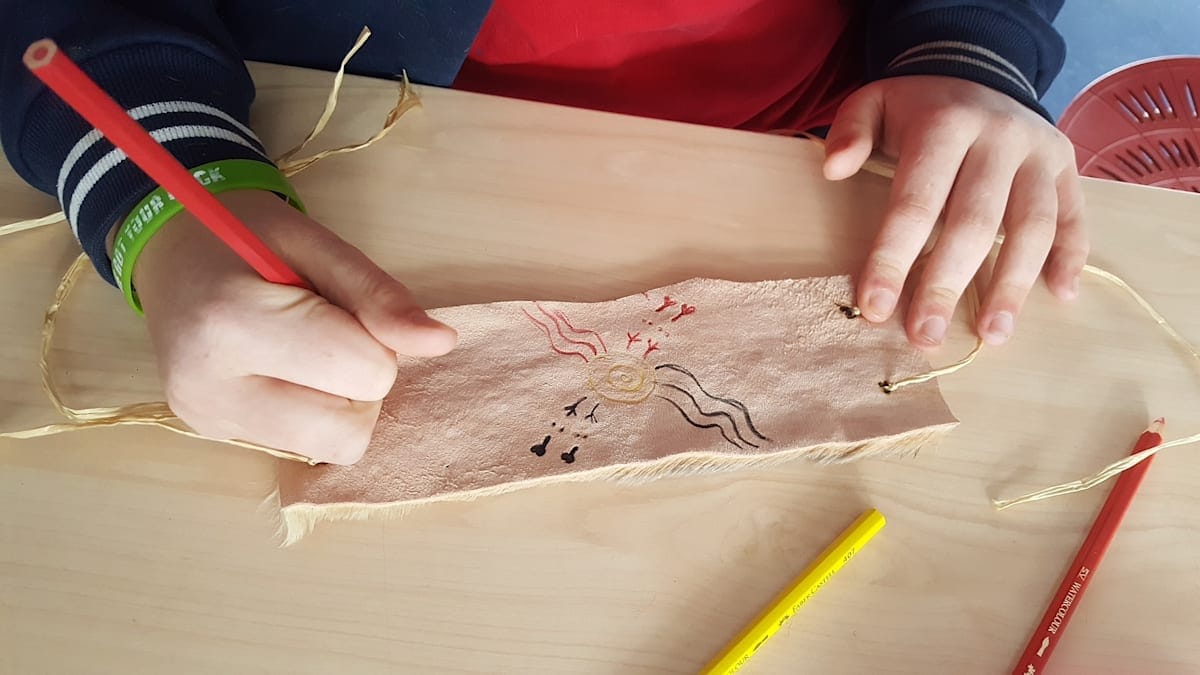
Engaging respectfully with Indigenous knowledge also requires personal commitment. For instance, engaging with the practice of cultural humility, centring Indigenous peoples’ voices and decision-making, acting in solidarity and in alliance with Indigenous peoples, practising anti-racism, and understanding impacts of privilege.
Read more: Tapping into Aboriginal knowledge to create a water-resilient future for Australia’s cities
Listening while simultaneously reflecting on these policies and personal commitments requires sophistication. It takes time, thoughtful consideration, and meaningful self-reflection.
Mistakes will likely be made, and what is important is to learn from these. People may also experience emotional reactions (excitement, confusion, shame, grief, relief, discomfort), and can lean into these with curiosity and a willingness to grow and understand.
Grappling with colonial thinking allows a way for us to make better sense of the world, and our belonging and connection within it. This can help empower humility to listen to the wisdom of Indigenous peoples, and forge a more sustainable future for our children and future generations.
This article was co-authored with Cath Chamberlain, head of the Indigenous Health Equity Unit at Melbourne University.
Monash University is proud to host the 2024 World Health Summit Regional Meeting in Melbourne from 22 - 24 April.


